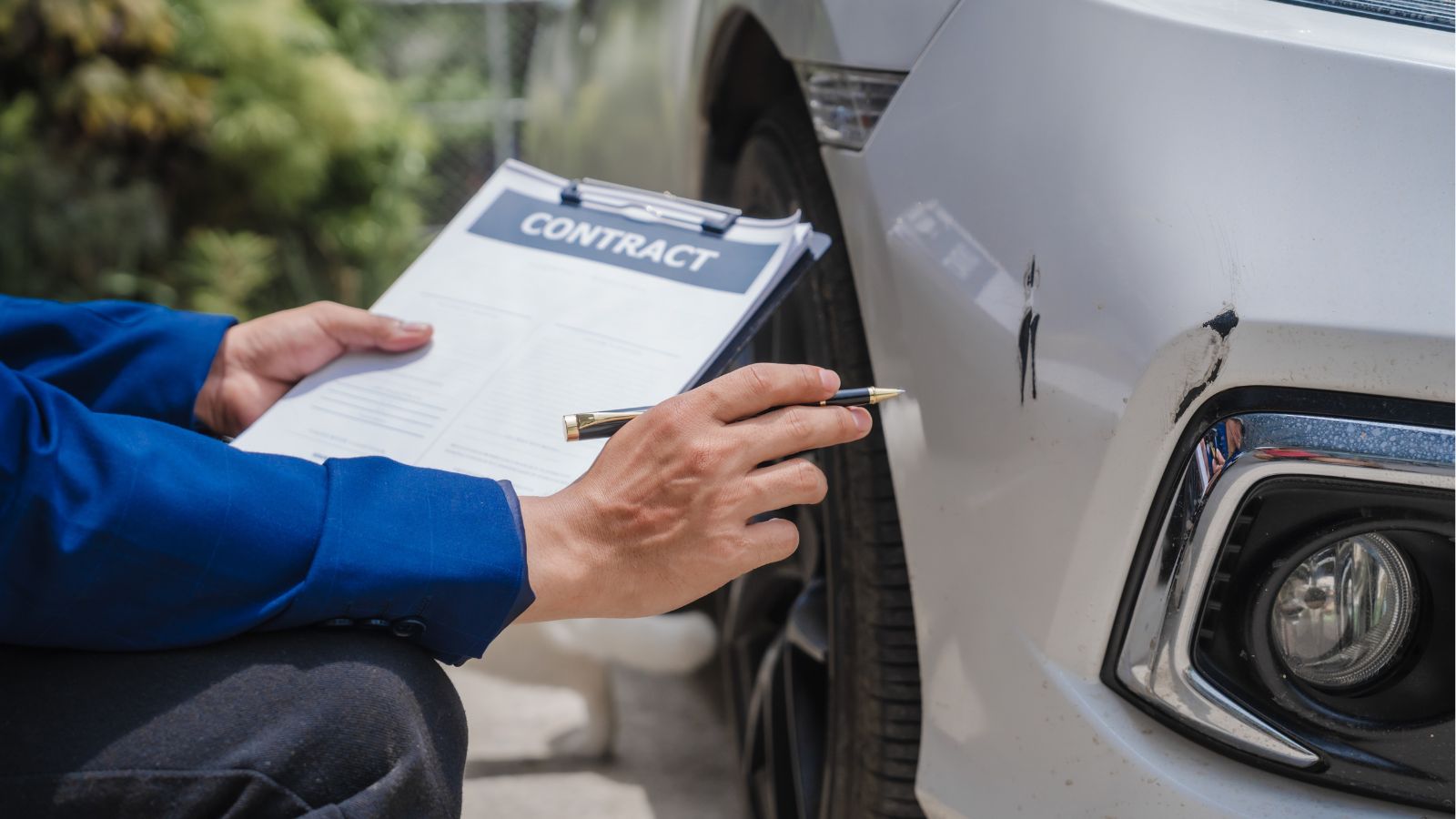Car ownership doesn’t come cheap and deciding whether or not to sell your vehicle is never easy. It’s a significant choice that can affect your finances, lifestyle, and everyday convenience. It’s not just the money, it’s about what works best for your needs now and in the future.
Americans drive an average of 13,500 miles per year and spend about 293 hours behind the wheel annually, and as such, cars can be a big part of our lives. Whether you’re considering upgrading, downsizing, or going car-free, this list will help you weigh up the pros and cons to make a well-informed decision.
Can You Afford Your Car?

Start by taking a hard look at your budget. Are car payments putting too much strain on your monthly expenses? Are fuel prices or repair costs becoming a financial burden? Then there are parking charges to consider. They vary significantly depending on location, with urban areas averaging $900 per year for parking.
By selling your car you could free up money for other priorities. On the other hand, if the car is already paid off and running smoothly, holding onto it might make more financial sense. Think about what works best for your wallet – not just now, but in the long run.
The Cost of Depreciation

The rapid depreciation of vehicles is well-documented, with new cars losing about 20-30% of their value within the first year. If your car is still relatively new, selling it now might help you recover more of your investment. On the other hand, if the bulk of depreciation has already occurred, it could be worth holding onto it until it no longer meets your needs.
How Often Do You Use It?

If your car spends more time parked than on the road, you may not be getting enough value out of it to justify the costs. Many people overestimate how much they use their vehicles, especially if public transit, biking, or car-sharing services are available. Consider tracking how often you truly need it for a few weeks. If driving is rare and alternatives are convenient, selling your car might make sense.
Is the Market Right for Selling?

You need to get your timing right when selling a car. The used car market fluctuates, and high demand can push up your selling price. Research local trends and check how similar cars are selling in your area. If the market is hot, you could get more for your car now than in a slower period. But if prices are low, it might make sense to hold off and wait for better conditions.
Saving on Maintenance

Older cars often mean hefty repair bills, whether it’s for replacing worn-out parts or simply routine maintenance like oil changes and tire replacements. Selling your vehicle while it’s still in decent shape might save you from escalating costs down the road. Newer cars are usually less expensive to maintain, but skipping car ownership altogether is cheaper still. Think about what you’re spending now and what you could save in the future.
Think of Your Future Needs

How much would selling your car impact your lifestyle? If you rely on it for commuting to work, shuttling kids to activities, or running errands, losing it could complicate your daily routine. But if you’re moving to an area with excellent public transit, or you’re working from home more often, it might make sense to sell that car and simplify your transportation needs.
How’s Your Car Holding Up?

The condition of your car is a major factor. Is it running reliably, or are you spending more time at the mechanic than behind the wheel? If your car is nearing the end of its lifespan, or has become a money pit, selling now could help you avoid larger repair bills. On the other hand, if it’s still dependable, hanging onto it a bit longer will save on replacement costs.
Freeing Up Extra Space

A car takes up a lot of room, whether it’s in your garage, driveway, or parking spot. If you live in a crowded city or a home with limited space, selling your car could create room for other priorities. Imagine turning your garage into a workshop, storage area, or home gym. If space is at a premium, getting rid of your car could be a practical solution.
Do You Love Your Car Too Much?

If you love your car, you’re not alone! They often hold sentimental value, especially if you’ve had your car for years or associate it with meaningful memories.
Try not to let your heart rule your head. If it’s no longer serving your needs, or costing too much to maintain, it might be time to let go. Remember, memories stay with you – even without the car.
Factor in Insurance Costs

Car insurance can be a significant expense, especially if you have a newer model or live in an area with high premiums. The average annual cost of car insurance in the U.S. is about $1,049. If you sell your car you could eliminate this cost.
Before deciding, compare what you’re currently paying in insurance versus what you’d save without it. This might be the financial nudge you need to make the decision.
Planning to Buy Another Car?

If selling your car means buying a replacement, weigh the costs carefully. Newer cars often come with better features, improved fuel efficiency, and warranties, but they’re usually pricier upfront.
If you’re planning to downsize or switch to a more affordable model, the trade-off might be worth it. Consider your options and ensure you won’t end up with buyer’s remorse.
Environmental Impact

Reducing your carbon footprint is a common reason for selling a car. If you’re thinking about walking, biking, or using public transportation more, it could be a meaningful step toward greener living. Alternatively, switching to an electric or hybrid car could reduce emissions while still meeting your transportation needs. Every little bit helps when it comes to the planet. However, the shift to public transport or electric vehicles depends on individual circumstances, as EVs, for instance, still have an environmental cost due to battery production.
Do You Work From Home?

The rise of remote work has changed how many people view commuting. If you’re no longer driving to an office daily, your car might be less essential. Perhaps occasional errands or trips could be handled with a rental, rideshare, or public transportation. If your car is mostly unused, selling it could simplify your life and save you a lot of money.
Know the Resale Value

Knowing what your car is worth is a key step. Resources like Kelley Blue Book or Carfax can help you estimate your vehicle’s market value. If your car is still in good condition and demand is high, you might be able to sell it for a good price. Waiting too long, however, could lead to depreciation and a lower resale value.
How Will You Handle Emergencies?

Your car can be a safety net for unexpected situations, like last-minute errands or medical emergencies – especially if you live off-grid in a remote rural area. Before selling your vehicle, consider how you’d handle these scenarios without a car. Would leaning on friends and family provide a reliable backup plan?
Cheaper Alternatives

Car-sharing platforms, e-bikes, and reliable public transit are more accessible in urban areas. These alternatives often cost a fraction of owning and maintaining a car. Evaluate your transportation needs and see if these options could work for you. Many people find that giving up their cars saves money and even opens up new possibilities for travel and lifestyle.
